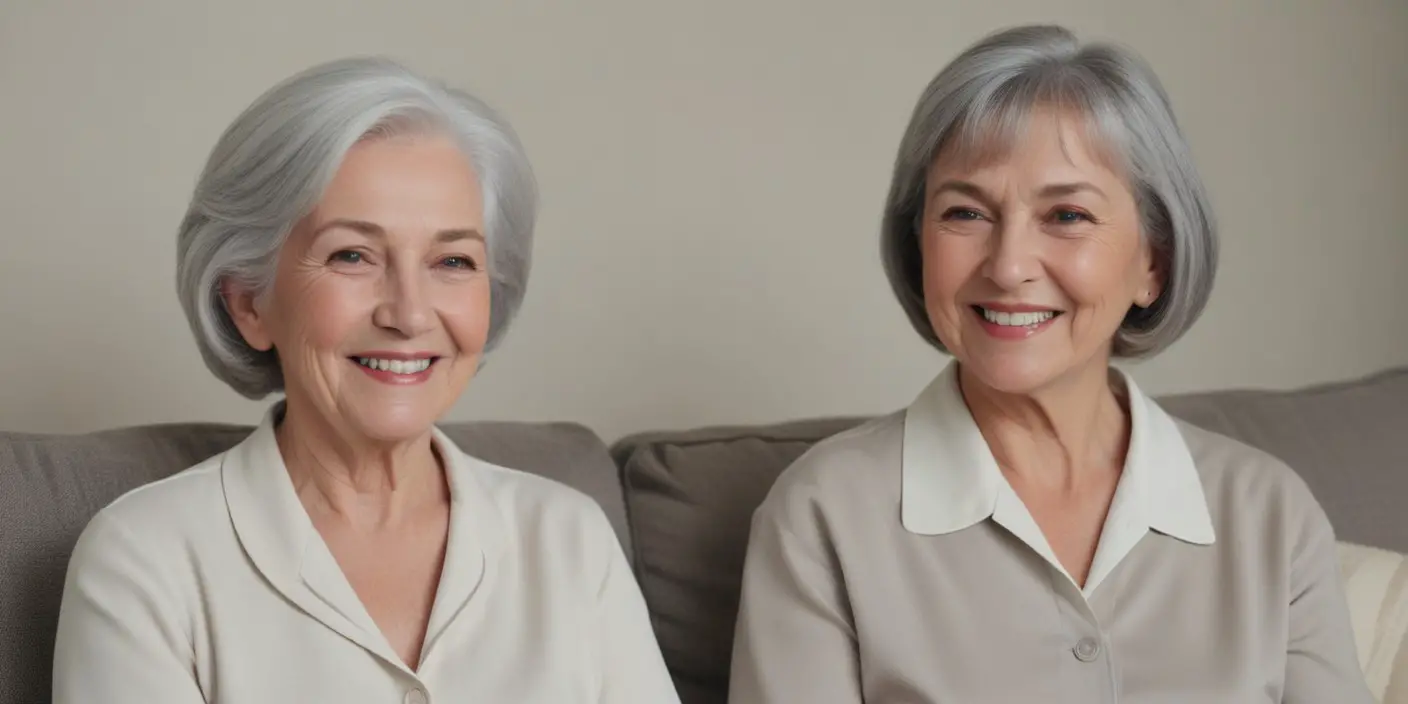
Observation in health and social care involves carefully monitoring and recording the behaviour, actions, and physical condition of individuals. This is done to ensure their well-being, assess their needs, and provide appropriate care. It is a fundamental skill for healthcare professionals, including nurses, social workers, and carers.
Types of Observation
Formal Observation
Formal observation is a structured and planned approach. It often uses tools like checklists or assessment forms. This method helps gather consistent and measurable data about the individual’s condition.
Informal Observation
Informal observation is less structured. It involves spontaneously noticing changes or patterns in the individual’s behaviour or physical state. This type of observation relies more on the observer’s intuition and experience.
Participant Observation
In participant observation, the observer is actively involved in the individual’s care. This approach helps build a rapport with the individual and offers a deeper understanding of their needs and preferences.
Non-Participant Observation
Non-participant observation involves watching the individual without direct interaction. This method can provide an unbiased view of the individual’s behaviour in their natural environment.
The Purpose of Observation
Monitoring Health Conditions
Observation helps monitor changes in an individual’s health condition. For instance, if a patient has a chronic illness, regular observation can track symptoms and detect any deterioration or improvement.
Assessing Needs
By observing individuals, healthcare providers can assess their physical, emotional, and social needs. This ensures that the care plan is tailored to meet these needs effectively.
Ensuring Safety
Observation is important for ensuring the safety of individuals, especially those who are vulnerable or at risk. For example, observing a patient with dementia can help prevent falls and wandering.
Enhancing Communication
Observation aids in understanding non-verbal communication, such as body language and facial expressions. This is particularly important for individuals who have difficulty communicating verbally, such as those with speech impairments.
Key Skills in Observation
Attention to Detail
Paying close attention to small details can reveal significant changes in an individual’s condition. This includes noticing subtle changes in appearance, behaviour, or mood.
Accurate Recording
Accurate and timely recording of observations is essential. This provides a reliable record that can be used by other members of the care team to make informed decisions.
Empathy
Empathy helps in understanding the individual’s feelings and perspectives. This improves the quality of care and builds trust between the carer and the individual.
Critical Thinking
Critical thinking involves analysing observations and making connections between different pieces of information. This skill helps in identifying potential issues before they become serious problems.
The Process of Observation
Preparation
Before starting an observation, gather all necessary tools and information. This includes knowing what to look for and having appropriate recording materials.
Carrying Out the Observation
During the observation, remain unobtrusive and avoid influencing the individual’s behaviour. Pay attention to both verbal and non-verbal cues.
Recording Observations
Objective Recording
Objective recording involves describing exactly what you see without interpretation or judgement. For example, instead of writing “The patient looked sad,” you might write “The patient had a frown and was crying.”
Subjective Recording
Subjective recording includes your interpretation of the observed behaviours. This can be useful but should be clearly distinguished from objective facts.
Ensuring Confidentiality
All observations must be kept confidential to protect the individual’s privacy. Only share information with authorised personnel and ensure records are stored securely.
Issues in Observation
Bias
Bias can affect the accuracy of observations. It’s important to be aware of personal prejudices and ensure they do not influence your recordings.
Interpretation Errors
Misinterpreting behaviours or symptoms can lead to incorrect conclusions. Cross-referencing observations with other sources of information can help reduce errors.
Overwhelming Data
Handling a large volume of observational data can be challenging. Organising and prioritising information is important for effective analysis and decision-making.
Final Thoughts
Observation is a cornerstone of health and social care. It plays a really important role in monitoring, assessing, and ensuring the well-being of individuals.
By developing strong observational skills, healthcare professionals can provide better, more personalised care.
Understanding and overcoming the challenges associated with observation ensures that it remains a valuable tool in the healthcare toolbox.
Subscribe to Newsletter
Get the latest news and updates from Care Learning and be first to know about our free courses when they launch.




